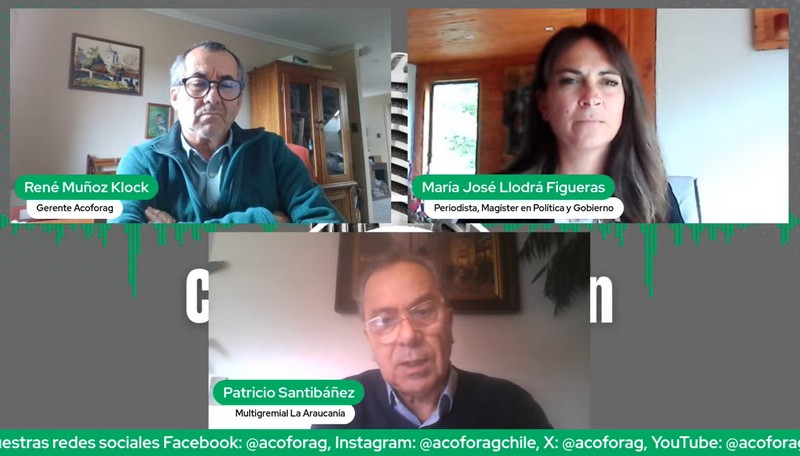In a conversation with Acoforag, Patricio Santibáñez, president of the Multigremial de La Araucanía, expressed concern about Chile's position in the Global Terrorism Index published by the Institute for Economics & Peace, which ranks the country second in Latin America, after Colombia.
For Santibáñez, the international report "confirms what we've been saying for 10, 15, even 20 years," asserting that the figures reflect an objective and credible reality, compiled by external observers. "It's another piece of evidence showing where we stand," he commented.
State of Emergency: Progress, but No Permanent Solution
The business leader emphasized that public perception has been key in driving state action. "Today, most Chileans recognize that terrorism and organized crime exist in the south, and that has pressured authorities to act," he stated.
Santibáñez detailed the evolution of violent incidents in the area, highlighting how the state of emergency has influenced the reduction of attacks: "We went from 25 serious incidents per month to 56 when the state of emergency was lifted, and then, with its reinstatement and greater operational freedom for the Armed Forces, we managed to reduce it to between 4 and 6 serious incidents monthly."
Despite the decline, he warned that "terrorism remains active," which continues to hinder the region's productive development. "There is fear to invest, to plant. Eight out of ten forest fires are intentional. That affects timber availability, raises costs, and dampens growth prospects."
Stalled Investments and Comparison with Brazil
Santibáñez compared the current situation to the 1980s, when an atmosphere of investment and growth prevailed. Today, he noted, uncertainty dominates. "Brazil just approved a $4 billion pulp plant in 18 months. In Chile, a project like that would take over a decade."
Criticism of Land Restitution Process
Regarding the work of the Commission for Peace and Understanding, which evaluates the restitution of lands to Mapuche communities, Santibáñez questioned the process's effectiveness.
"There are no serious studies assessing the results. In the forestry cases I know, the returned lands have not been replanted in over 20 years. The forest is cut down, and the property is abandoned," he said. He added that in some cases, there are reports of marijuana crops and violent incidents.
He also questioned the economic viability of the model: "If you're given 100 hectares and lack resources or skills, how will you produce? And it's worse if it's given collectively, because reaching agreements becomes even harder."
The full interview is available on Acoforag's YouTube channel:







Comentarios (0)
No hay comentarios aún. ¡Sé el primero en comentar!
Deja un comentario